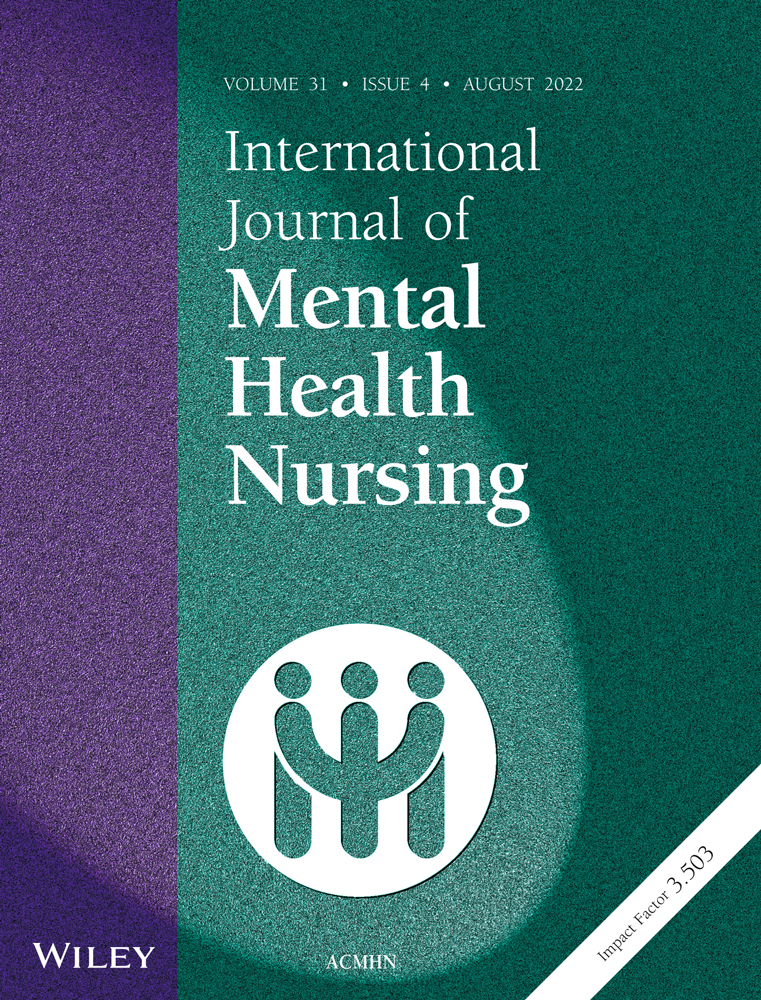Vaccine literacy: A concept analysis
Declaration of conflict of interest: The authors declared no potential conflicts of interest with respect to the research, authorship, and/or publication of this article.
Abstract
The 2019 Coronavirus Disease (COVID-19) is dubbed as one of the deadliest and worst global pandemics. Many pandemic policies and programs were implemented in different countries across the globe, including the creation of vaccines that would enhance human immunity against the symptoms caused by the virus. Since then, debates on vaccines have emerged, citing vaccine hesitancy often associated with certain factors like socioeconomic status, beliefs, and vaccine awareness. This birthed to an intensive call for vaccine literacy as an effective means of encouraging people to get vaccinated against viruses. This paper uses the Walker and Avant’s (2019, Strategies for theory construction in nursing, 6th edn. New York, NY: Pearson) approach of concept analysis with the help of its eight systematic stages. Results showed that vaccine literacy was adopted after the concept of health literacy. It is defined as a process of providing vaccine information, building communication, and increasing people's engagement about vaccines. The identified defining attributes of vaccine literacy include ‘health literacy’, ‘disease prevention’, ‘education’, and ‘immunization’. Vaccine literacy is considered relevant in the nursing practice as knowledge on vaccine literacy easily advances nurses' practice roles through vaccination education, creating developmental policies about vaccines, and prescribing immunization to patients.




